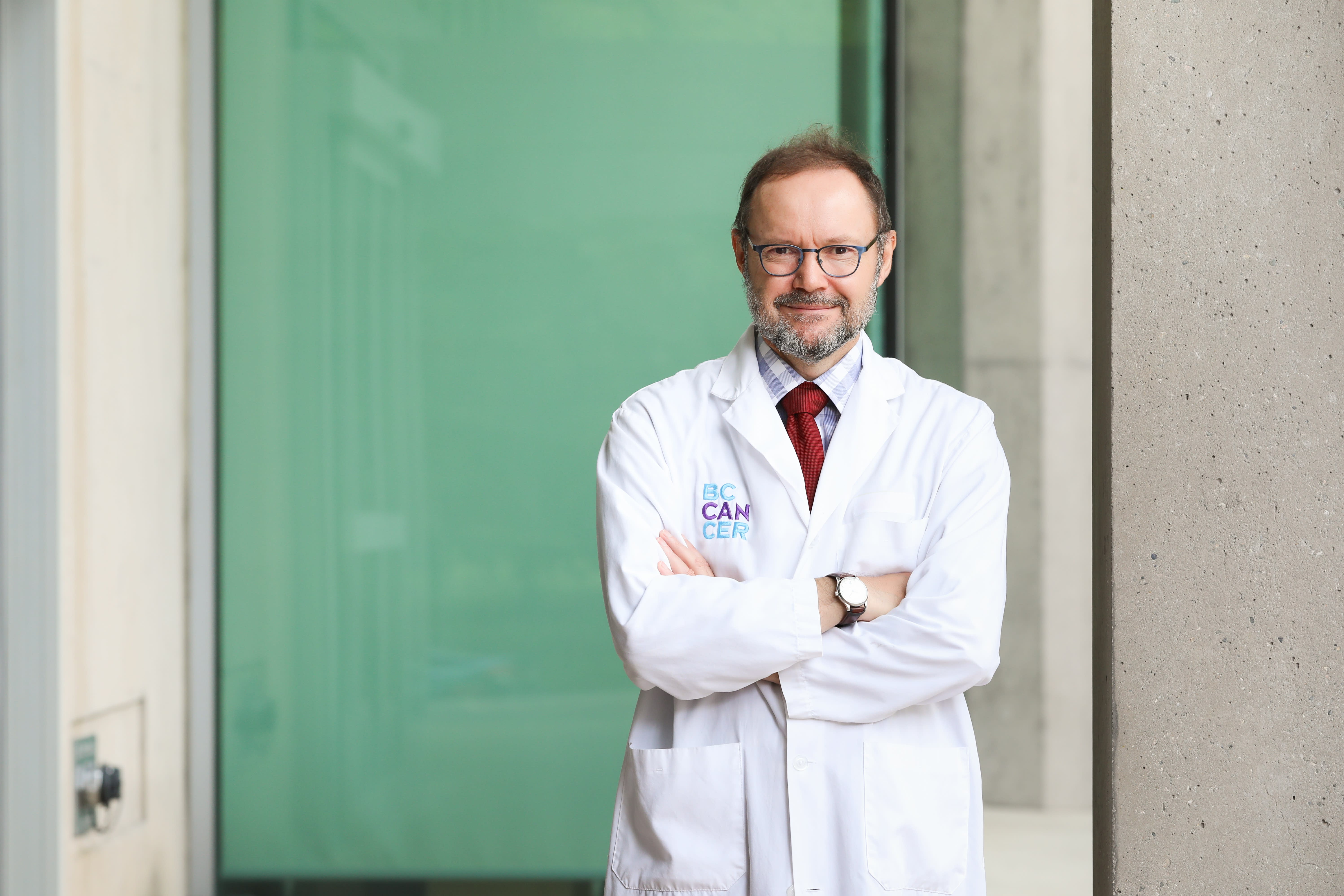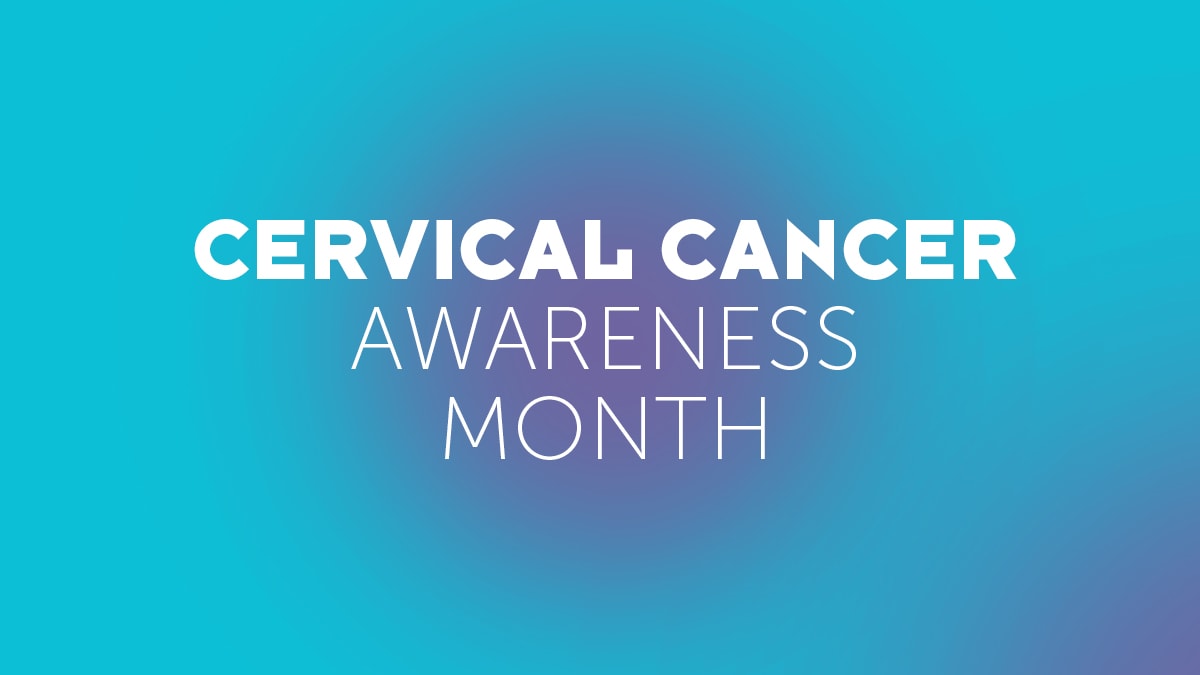
It’s difficult to overstate the profound shift in cancer care that occurred when scientists first mapped the human genome in 2003. Before then, our genetics were a black box, and because cancer is a disease of the genome, that meant there was no way for us to understand its various causes.
Once the genomic vault was cracked, however, we finally glimpsed not just our genetic blueprint, but cancer’s as well. And for the past 20 years, our donor community has supported BC Cancer researchers and clinicians on the leading-edge of genomics as they use that knowledge to decode the disease.
BC Cancer experts have made world-leading advancements in tailored cancer therapy — they were the first program in the world to use the complete genomic profile of a tumour to inform treatment.
In that time, what they’ve learned and the implications for cancer prevention, treatment and care have been immeasurable. In exploring the cancer blueprint, BC Cancer experts have made world-leading advancements in tailored cancer therapy — they were the first program in the world to use the complete genomic profile of a tumour to inform treatment. It even enabled the discovery of the BRCA1 and BRCA2 gene mutations — the “breast cancer genes” — which are informing not just breast, but ovarian and pancreatic cancers as well.
Knowledge and technology has progressed to the point where many patients can access a genomic panel of most common mutations before they’re even seen by their oncologist, giving the oncologist an overview of a patient’s cancer and potential treatment opportunities before the first consultation.
Genomics has also paved the way for BC Cancer’s PATH (Personalized Approaches in the Treatment of Head & Neck Cancers) project, which holds the potential to set a new global precedent for how to treat these types of disease. Using genomic insights to guide and predict the most effective treatments for individual patients, medical oncologists Drs. Janessa Laskin, Cheryl Ho and Nicole Chau and radiation oncologist Dr. Sarah Hamilton have worked tirelessly for the past four years to move PATH from idea to reality.
Using genomic markers linked to treatment resistance, they’re exploring why head and neck cancers differ in their responses to radiation therapy. The program also seeks to identify what role viruses, such as human papillomavirus (HPV), play in head and neck cancers; all while exploring whether deep genomic analysis can help pinpoint gene mutations as potential targets for treatment.
“Our partners at other BC Cancer centres are eager to participate in PATH and grow the study across the province, which will gain us greater knowledge with each new participant,” explains Dr. Chau. That’s the promise for genomics in just this space alone, with a potential impact extending far beyond the current and future patients in the PATH project.
In just two decades, genomics has come from needing thousands of labs and minds working to unlock the human genome, to being able to decode multiple tumour genomes in a single day at the L.J. Blackmore Cancer Research Centre.
This moment is due in large part to donor support that goes directly to innovative research like the PATH project.
Genomics is now integral to a future in which technology and understanding helps clinicians stay ahead of anyone’s cancer, regardless of the type.
We are here because of our community of donors and we will make that future a reality with their help.


